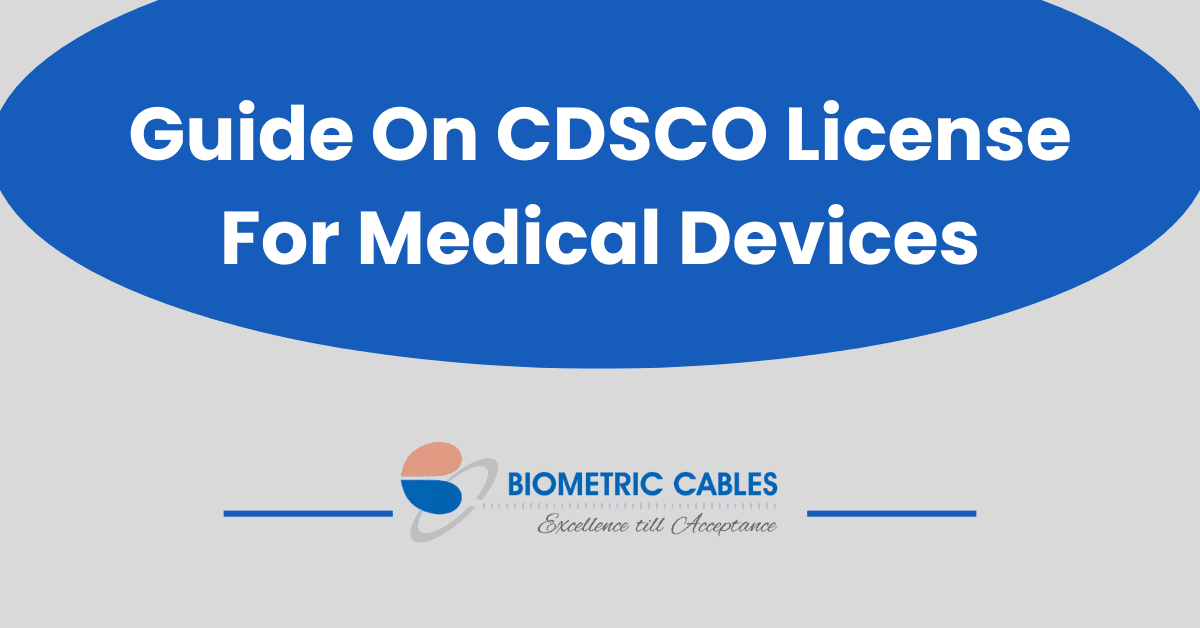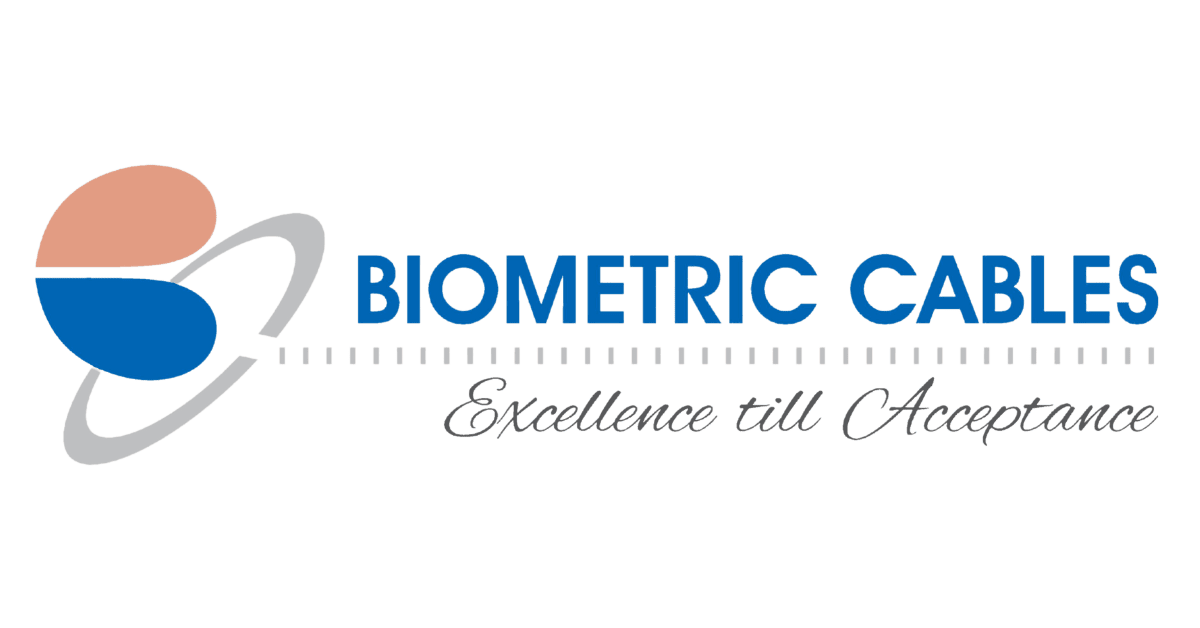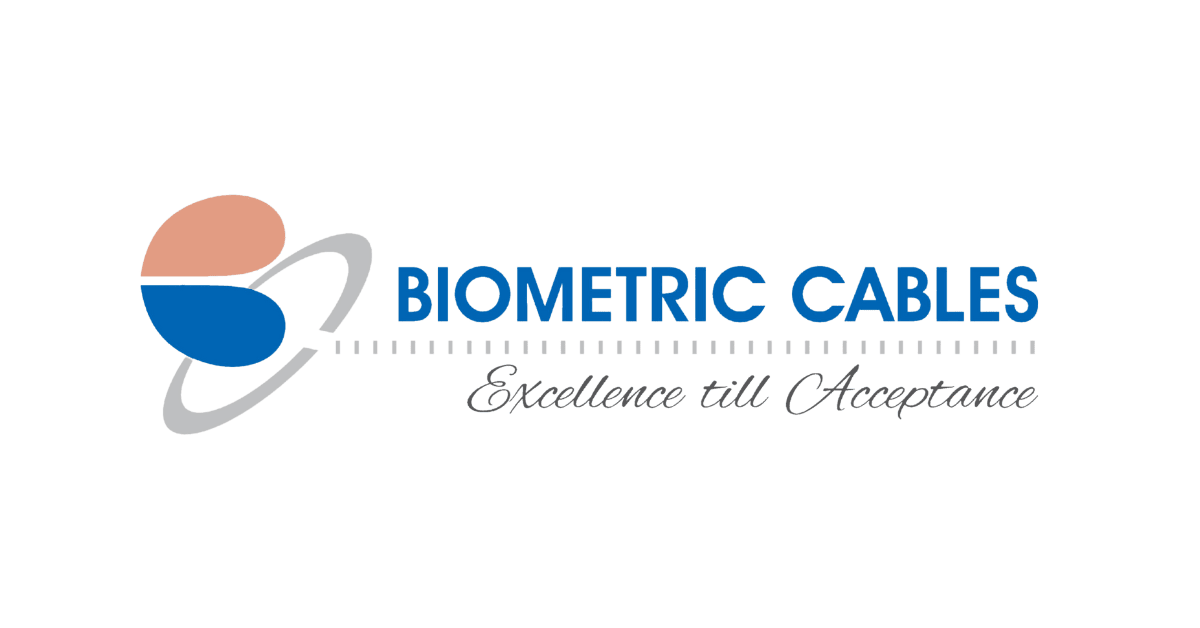Comprehensive Guide on CDSCO License for Medical Devices

Understanding the intricacies of medical device regulation is of importance in this era where healthcare and technology converge.This comprehensive guide delves into the critical role of Central Drugs Standard Control Organisation in shaping the landscape of medical device.The guide equips you with the insights on the regulatory framework , compliance standards that governs the medical devices in India and also aids in demystifying the essentials of CDSCO in order to make informed decisions in this rapidly evolving sector.
CDSCO License for Medical Devices
CDSCO (Central Drugs Standard Control Organisation) is an National Regulatory body in India which ensures safety , quality and efficacy of drugs, medical devices and cosmetics. The Central Drugs Standard Control Organization in India mandates that medical device manufacturers obtain specific licenses to ensure compliance with regulatory frameworks.
Medical Device Regulation
The Indian Medical Device Regulation is built upon a framework that ensures quality, safety and efficacy of the medical devices.
CDSCO serves as the main apex regulatory body under the Ministry of Health and Family Welfare. Having been established to oversee the import , manufacture, distribution and medical device sales, CDSCO plays a major role in safeguarding public health.
In 2017, the Medical Device rules came into enforcement, marking a significant milestone to the medical device regulation in India. These rules brought a clarity and organised structure to the regulatory process, thereby categorising the medical devices based on the risk levels.
Classification of Medical Devices in CDSCO
The CDSCO has regulated the array of medical devices, categorised based on the intended usage and associated potential risks coupled with it . Class A devices , considered as low risk, undergo a pretty straightforward process, reflecting their lower potential for harm. Class B devices are generally classified as moderate risk, requiring more rigorous evaluation and documentation to ensure compliance with performance standards and safety requirements. Higher risk devices such as Class C and D undergo the most stringent regulatory scrutiny. Through tailoring the regulatory requirements to the risk profile of each medical device, CDSCO enables and ensures a balanced approach to safety and innovation.
Role and Function
A major aspect of the regulatory framework is its focus on the post market surveillance. This comprises continuous monitoring of the medical devices once they are in use, to identify and mitigate any potential risks in the devices.The role of CDSCO becomes evident through the collaboration with various stakeholders such as manufacturers , healthcare providers to gather data on adverse events and performance of the device.This type of proactive approach fosters accountability and continuous improvement within the field and enhancement of patient safety.
Structure of CDSCO
Central Drugs Standard Control Organisation is led by the Drug Controller General of India (DCGI). DCGI receives guidance from the Drug Technical Advisory Board (DTAB) and the Drug Consultative Committee ( DCC). The CDSCO operates through six zonal offices, four sub-zonal offices, 13 port offices, and seven laboratories across the country.
CDSCO Licenses for Medical Devices
The Central Drugs Standard Control Organization in India requires medical device manufacturers to obtain specific licenses to ensure adherence to regulatory standards.
MD-5 License: Required for the manufacture of Class A and B medical devices, this license ensures that low- to moderate-risk products meet established safety and quality standards.Licenses for Class A and B manufacturing are issued by the State Licensing Authority.
MD-9 License: Essential for manufacturing Class C and D medical devices, it signifies the manufacturer’s capability to produce high-risk devices under stringent regulatory control.This license is issued by the Central Licensing Authority (CDSCO)
MD-42 License ( Medical device Trading License): The MD-42 is a wholesale license necessary for the sale or distribution of medical devices. An authorized Indian agent appointed by a foreign manufacturer must hold a valid MD-42 license to facilitate the import process (specifically, applying for the MD-15 import license), but MD-42 itself is not the import license.
MD-15 License (Import License ) : The MD-15 license is the mandatory license required for importing medical devices classified as Class A (only sterile or measuring), Class B, Class C, and Class D into India. It is not limited to Class A/B. Foreign manufacturers must apply for this license via their authorized Indian agent (who holds an MD-42). Class A non-sterile, non-measuring devices require registration but not an MD-15 import license
CDSCO Free Sale Certificate: This is crucial for exporting medical devices from India to global markets.
Confirms that the medical devices are approved for sale within India and comply with established safety standards.
Eases international trade by assuring foreign regulatory authorities of adherence to Indian medical device regulations.
Enhances our reputation as a reliable and compliant manufacturer in the global medical device industry.
Significance of Compliance with CDSCO Guidelines
Compliance with CDSCO guidelines is not merely a legal obligation , however it is a prime pillar of quality assurance. For the Medical device manufacturers who adhere to these regulations ensures that the equipment meets the efficacy and safety standards that are needed for market approval.This not only minimizes the adverse event risks but also strengthens the marketability and credibility of the medical devices.
Compliance with such guidelines serves as the key differentiator which provides competitive edge and fosters trust among the healthcare providers and patients.
Through the rigorous regulatory oversight of the CDSCO, clinicians and healthcare professionals can be greatly influenced and benefitted.Clinicians can confidently trust in the performance and safety of the device which they rely on for diagnosis and treatment.Such assurances are vital in delivering high quality care and improvement of patient outcomes.
CDSCO’s regulatory framework acts as a shield against potentially substandard medical devices. Compliance with CDSCO guidelines generally promotes effective and safer healthcare systems by promoting accountability and transparency.
Challenges faced by Manufacturers in CDSCO compliance
One of the central challenges faced by the manufacturers is to stay abreast of constantly evolving standards and regulations.Through the introduction of rules and regulations, manufacturers have to continuously monitor, adapt and review their compliance strategies which are time consuming and resource intensive.
Another major challenge is higher risk medical devices that require stringent documentation and testing requirements. Comprehensive data on efficacy and safety of the devices such as results from pre and post clinical studies.This inturn requires substantial investment dedicated for the research and development and robust quality management to ensure that regulatory requirements are met.Especially small scale companies and startups, such kind of demands can pose significant impact on innovating in the healthcare sectors.

